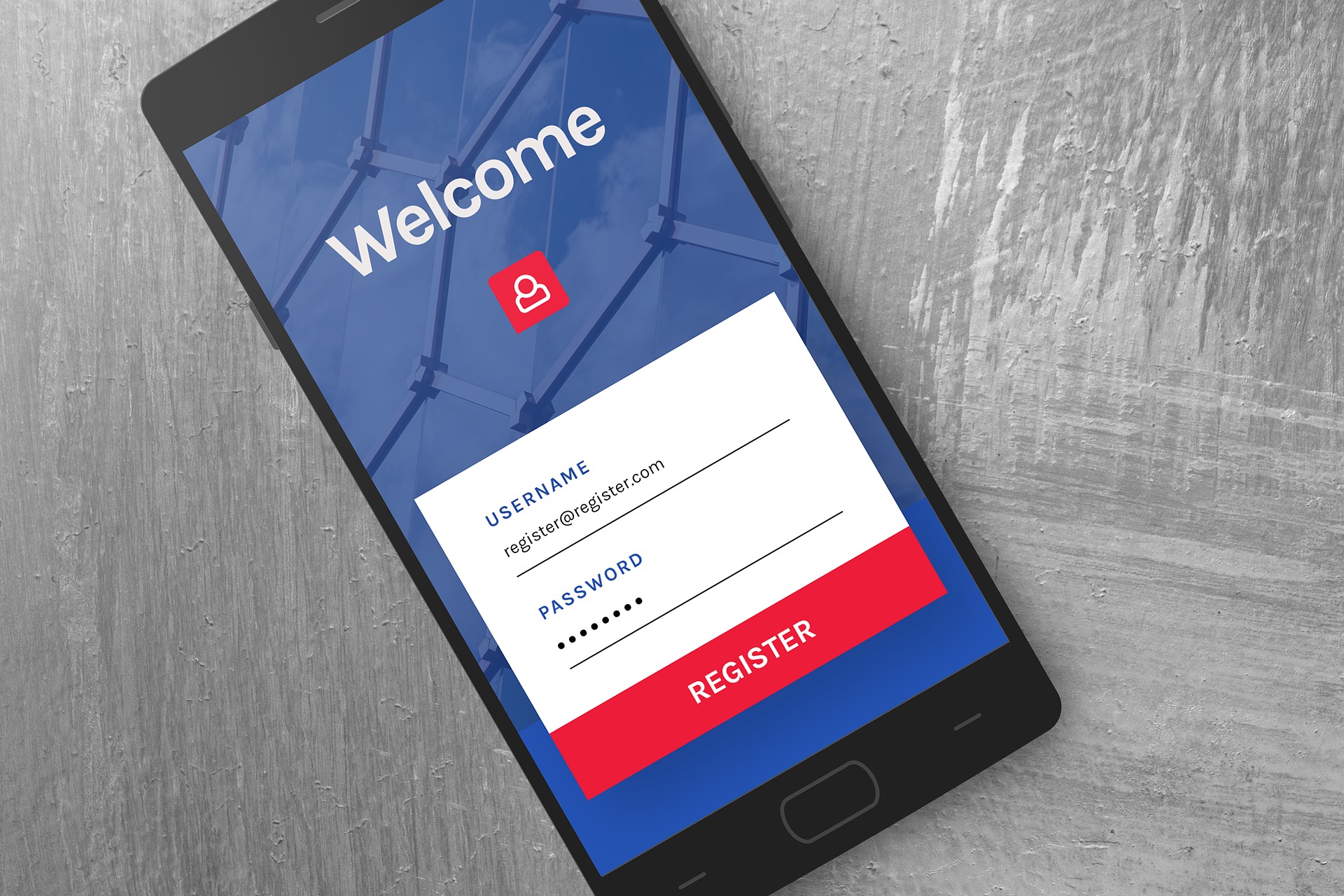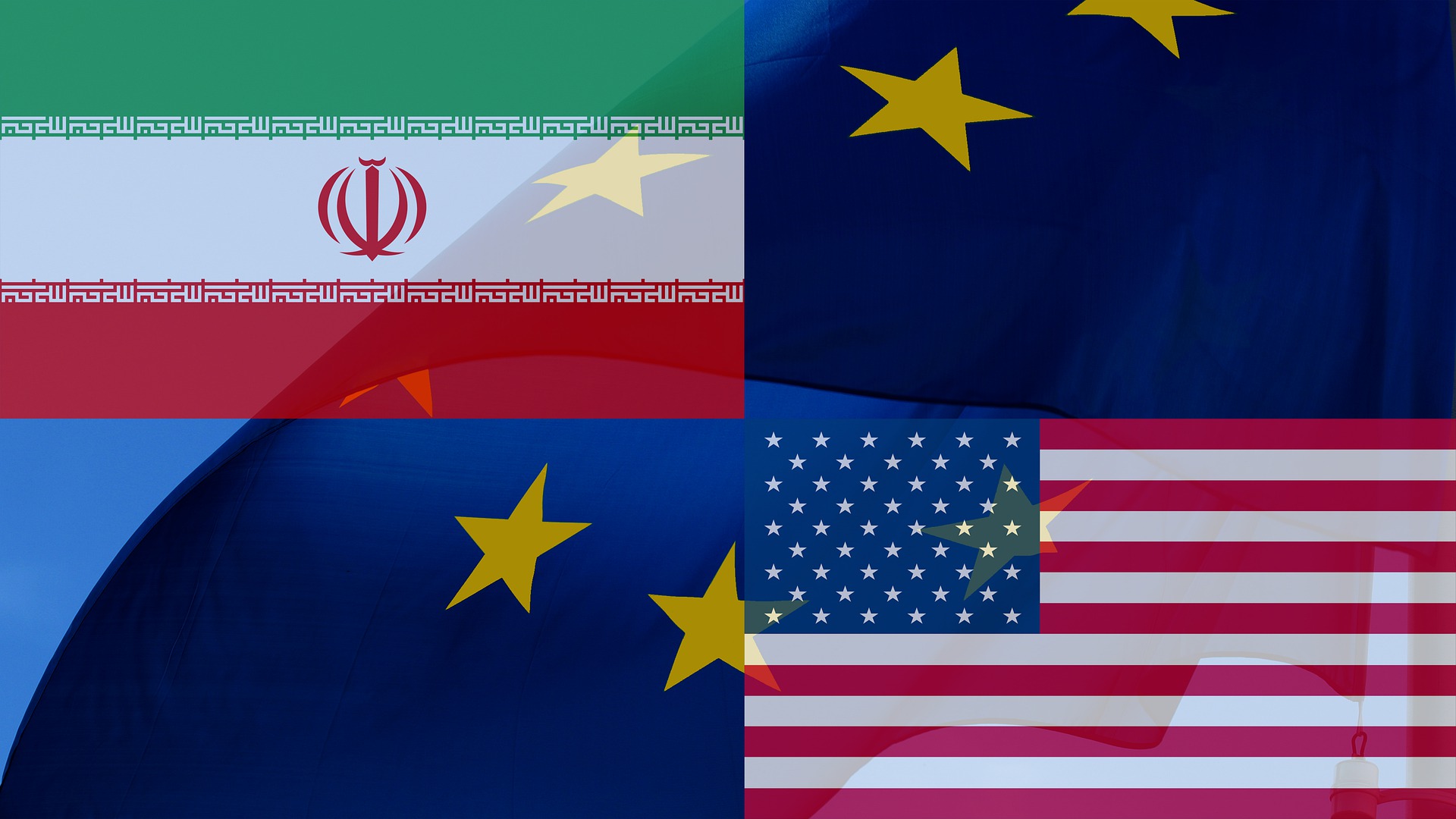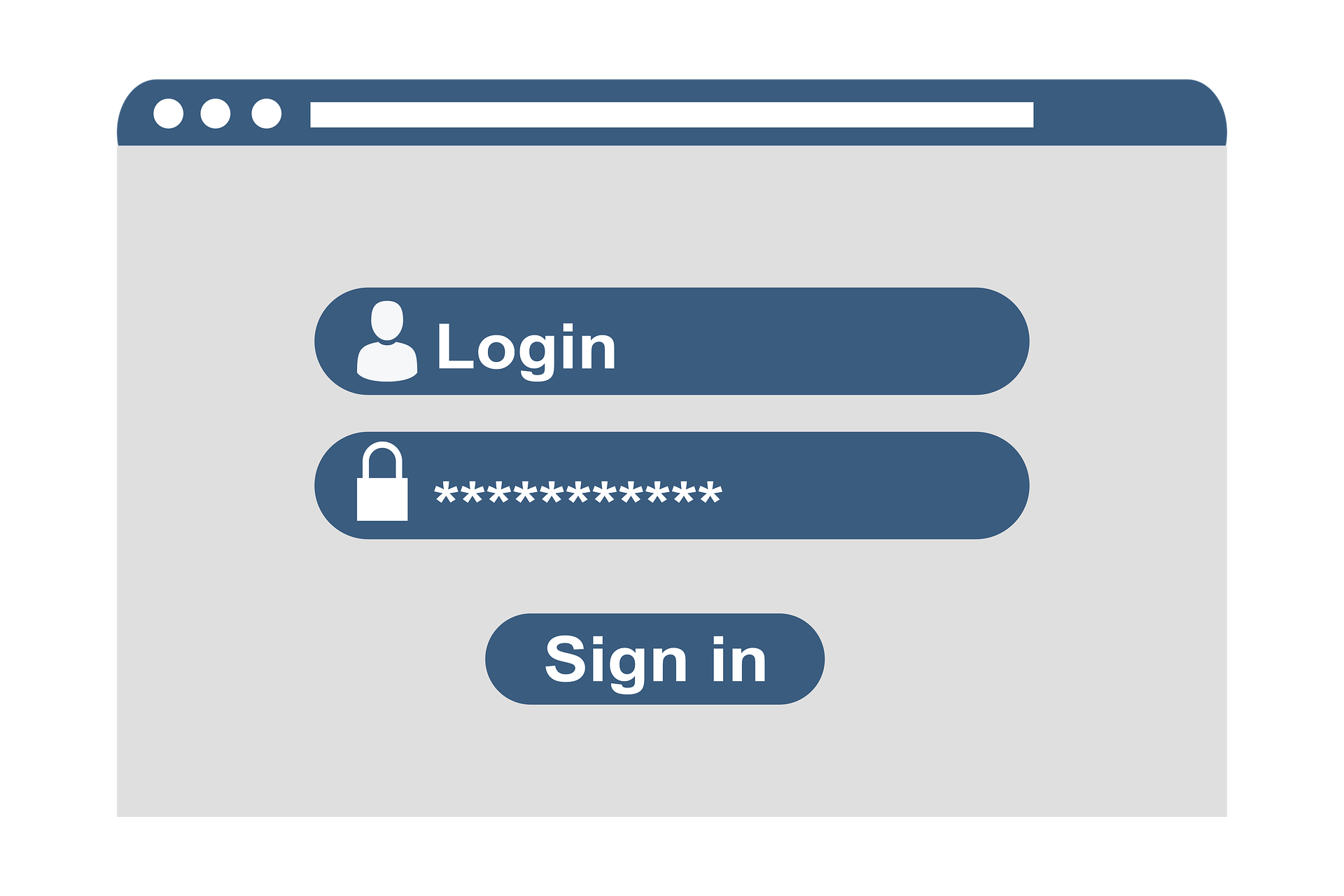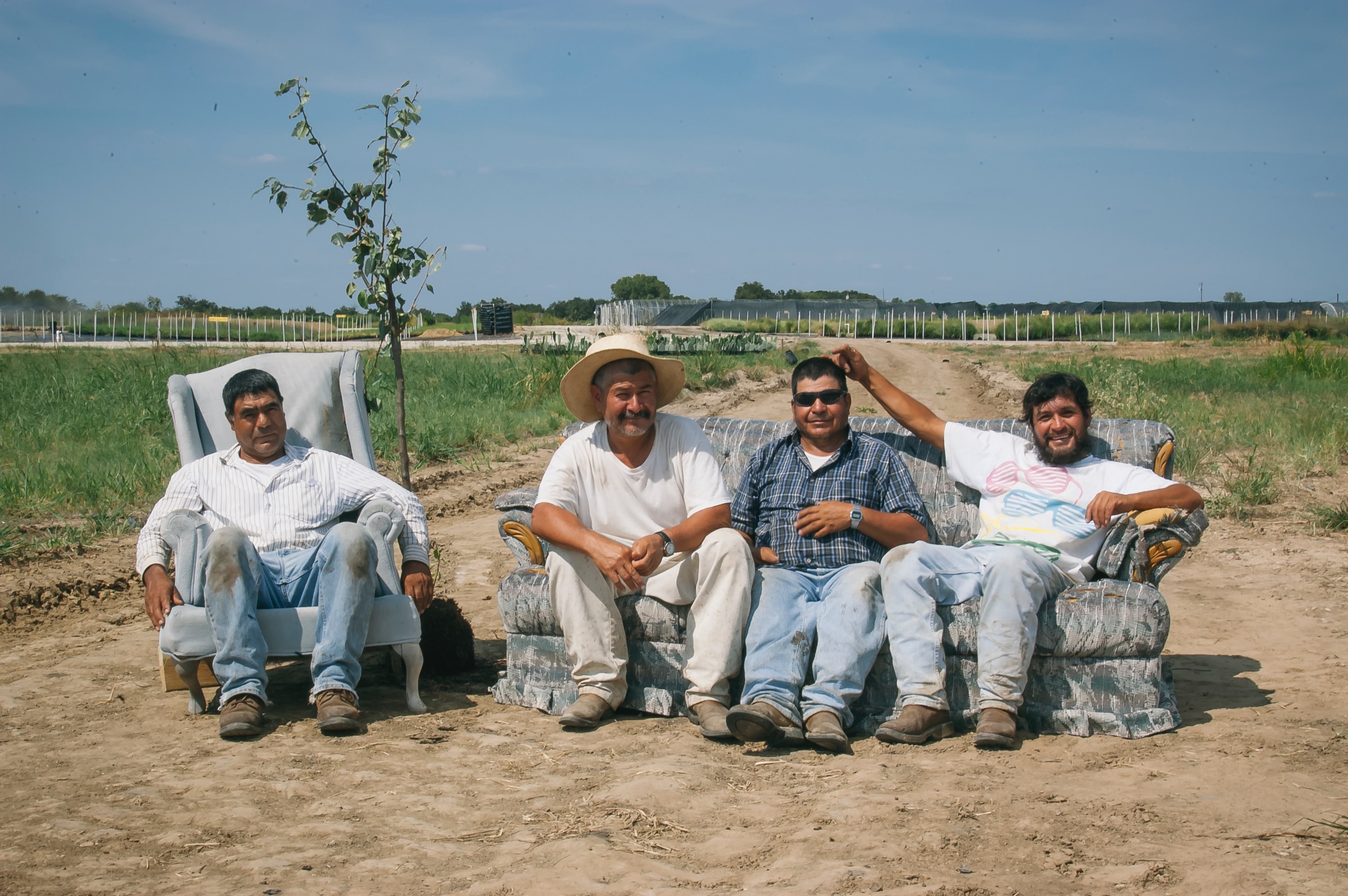Are you ready for the upcoming H1B season for fiscal year 2021?
With the registration period fast approaching, we want to make sure you know everything there is to know about the new mandatory H-1B electronic registration process for fiscal year 2021 (FY 2021).
The following FAQ provides the most up to date information regarding the mandatory electronic registration requirement.
H-1B Registration Process Timeline
Feb. 24: Prospective petitioners may begin creating H-1B registrant accounts (account creation will remain open throughout the entire registration period). Representatives may create an account at any time.
March 1: H-1B registration period opens at noon ET.
March 20: H-1B registration period closes at noon ET.
March 31: Date by which USCIS intends to notify selected registrants.
April 1: The earliest date that FY 2021 H-1B cap-subject petitions may be filed.
FAQs
Q: What is the electronic registration requirement?
A: In order to participate in the upcoming H-1B lottery, prospective petitioners seeking to file H-1B cap-subject petitions for FY 2021, including for beneficiaries eligible for the advanced degree exemption, must first electronically register and pay the associated $10 H-1B registration fee for each beneficiary.
Only those petitioners who have submitted an electronic registration and have received a “Selected” registration notification may properly file an H-1B cap-subject petition for FY 2021.
 Visa Lawyer Blog
Visa Lawyer Blog













